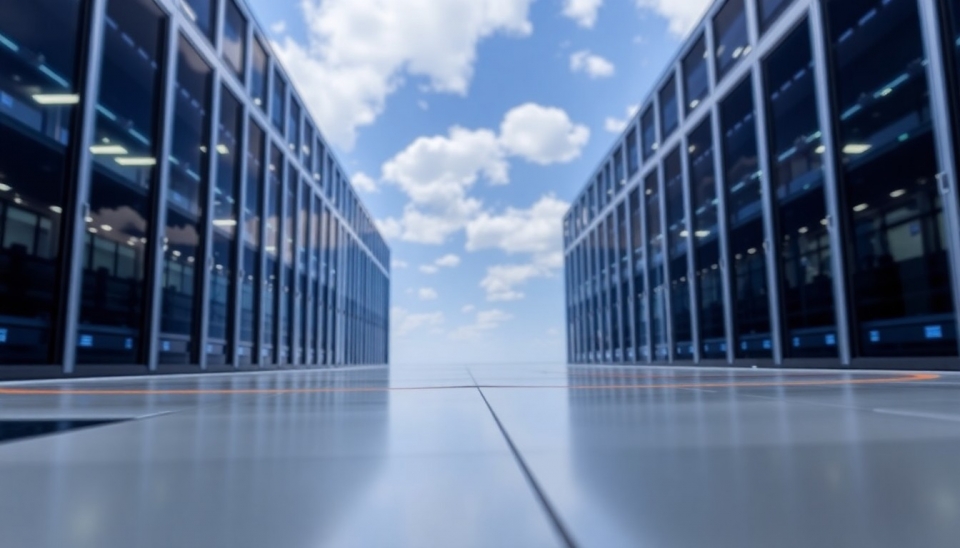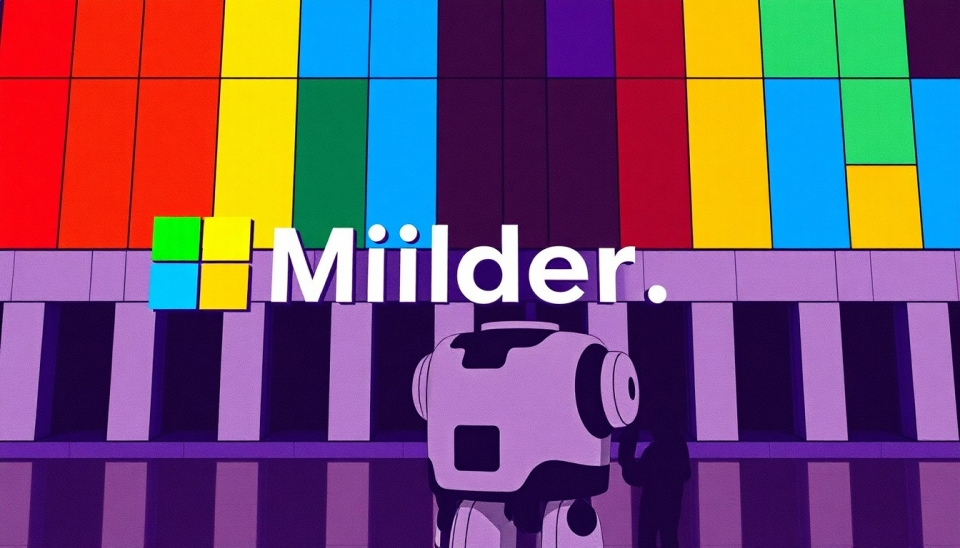
In a groundbreaking initiative aimed at reducing the environmental impact of artificial intelligence, Microsoft has unveiled its innovative "Zero Water" data centers. This ambitious project signals the tech giant's commitment to sustainability in the face of increasing scrutiny over the energy and resource consumption associated with AI technologies.
The new Zero Water data centers are designed to operate without relying on traditional water sources for cooling, which has been a significant concern for many data-driven organizations worldwide. Microsoft's strategy focuses on utilizing advanced cooling technologies that minimize water usage while maximizing energy efficiency. Instead of conventional systems that draw heavily on local water supplies, the new centers will employ innovative heat dissipation methods to regulate temperatures effectively.
Microsoft's move comes at a crucial time when global attention on climate change and sustainability initiatives is at an all-time high. The tech giant aims not only to significantly reduce its own carbon footprint but also to set a precedent for other companies in the sector. By leading the way, Microsoft hopes to push the industry towards more sustainable methodologies, especially as the demand for AI processing continues to rise exponentially.
According to Microsoft executives, the Zero Water data centers will incorporate cutting-edge technologies such as AI-driven cooling algorithms and energy-efficient hardware. These improvements are expected to not only decrease water consumption but also lower overall energy use, creating a dual benefit for the environment. This initiative is part of Microsoft's broader sustainability strategy, which includes a commitment to be carbon negative by 2030.
In practical terms, the Zero Water data centers are being rolled out in several key regions, with plans for expansion as the technology matures and proves viable. Microsoft has emphasized the importance of collaboration with local governments and environmental organizations to ensure that these data centers operate in harmony with their surroundings, without depleting essential water resources.
As the tech industry continues to grapple with the implications of AI and its environmental footprint, Microsoft's Zero Water initiative is poised to become a benchmark for future developments. The commitment to sustainable practices is likely to resonate with customers and stakeholders who are increasingly prioritizing environmentally responsible choices in their technology partnerships.
In conclusion, Microsoft's launch of Zero Water data centers is a significant step forward in the quest for sustainable AI solutions. With a clear focus on reducing resource consumption and environmental impact, the initiative not only aims to revolutionize data center operations but also encourages a collective shift within the industry towards greener practices.
As the world navigates the challenges of climate change, pioneering projects like this one could set the stage for a future where technology and sustainability go hand in hand.
#Microsoft #ZeroWaterDataCenters #ClimateChange #Sustainability #AI #TechInnovation #GreenTechnology #CarbonNegative
Author: John Miller




